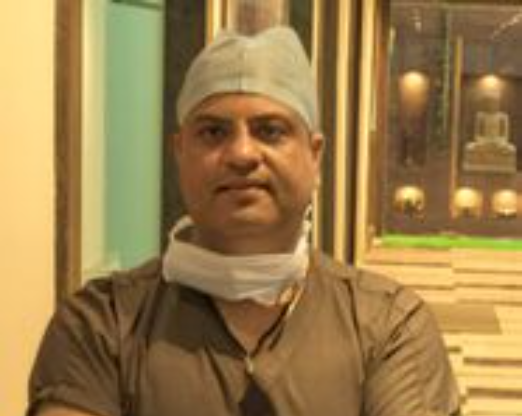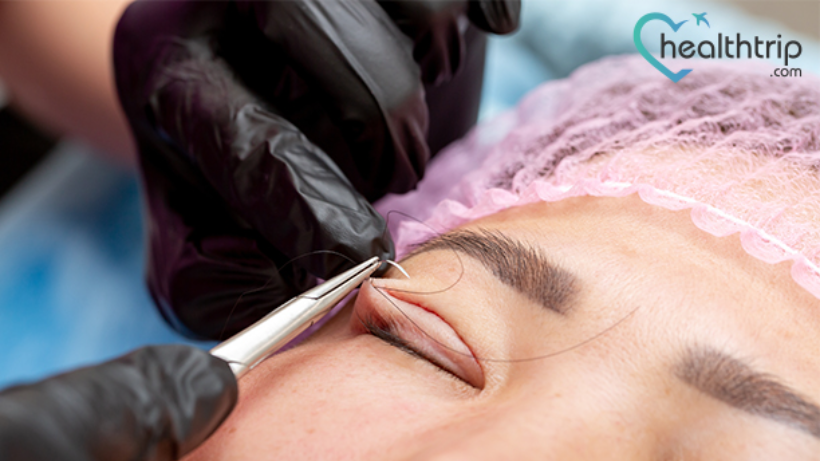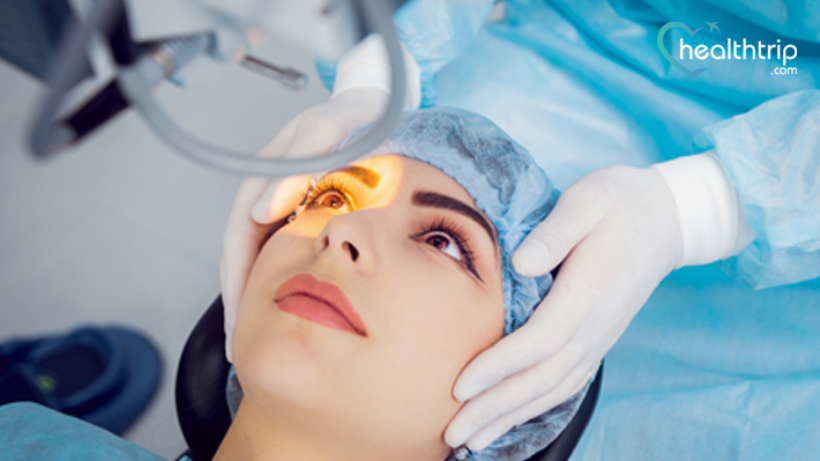
About
Greater Kailash in Delhi is home to renowned ophthalmologist Dr. Suraj Munjal. He has 18 years of experience as an ophthalmologist in practise. He holds an MBBS and MS in ophthalmology. He is presently employed for The Sight Avenue Hospital in Delhi's Greater Kailash. Dr. Suraj Munjal is the Founder & Chief Medical Officer of Spectra Eye group of Hospitals. Dr. Munjal has always wanted to provide the best eye care services in India & abroad at very affordable cost with personalized touch without any compromise on the ethics. He has travelled to Middle East countries like Iraq, Dubai, Kurdistan, Bahrain etc. for surgeries on invitation of the local Governments.
Education
- High School: St. Xavier’s, Sirsa.
- Senior secondary school: Air Force School, Sirsa.
- MBBS from a very reputed Medical College (PGIMS ROHTAK ).
- MS (Ophthalmology) from a prestigious college (University College of Medical Sciences, New Delhi).
- Phaco Emulsification Fellowship & Comprehensive training at AdityaJyot Eye Hospital.
- Clinical fellow of university hospital of Tuebingen (UKT, Germany).
- Senior Resident: GTB Hospital & RML Hospital, New Delhi.
Experience
Current Experience
- Medical Director - Ophthalmology - The Sight Avenue.
Previous Experience:
- Head of the Department, Ophthalmology at Fortis Hospital, Shalimar Bagh, New Delhi.
- Head of the Department, Ophthalmology at Fortis Hospital, Vasant Kunj, New Delhi
Hospitals
Blog/News

Do I Need Surgery for Glaucoma?
OverviewAs per the available data, there are approximately 11.5 million

Understanding Lazy Eye and Its Diagnosis & Treatment
Overview Proper growth of the eyes is important for having clear

From Procedure to Cost: Here’s All You Need to Know About Ptosis Surgery
OverviewIf you feel you have a sagging or drooping eyelid

Affordable Eye Surgery in India - Cost & Procedure Details
India has become a leading destination for affordable and high-quality

How to Protect Your Eyes from Digital Strain
Our reliance on screens has reached unprecedented heights in today's

Cornea Transplants: Restoring Sight and Quality of Life
What is a Cornea Transplant?You might be wondering, what exactly




